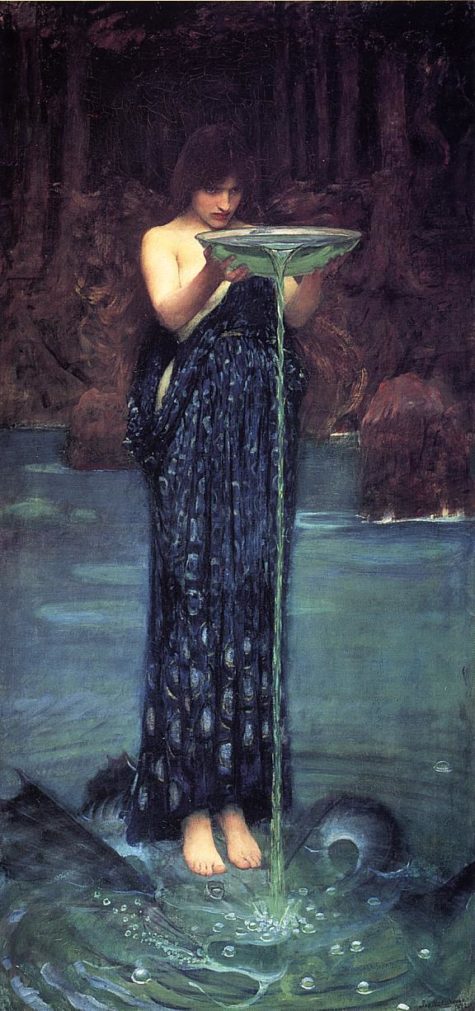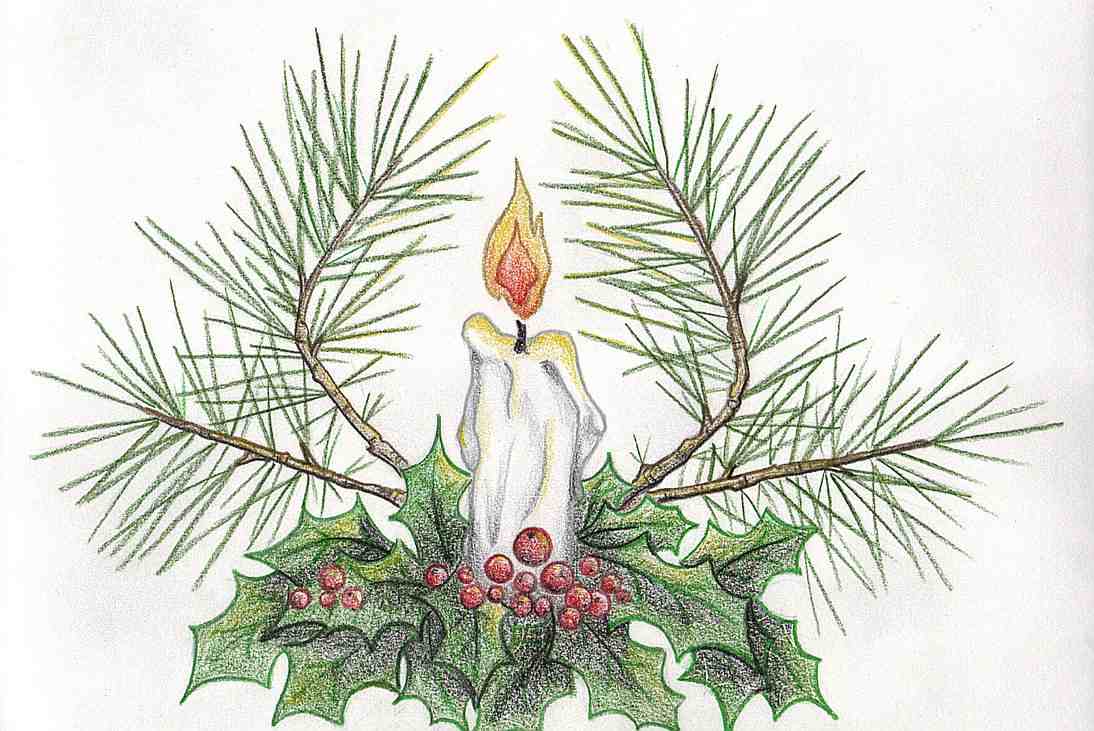Februalia, Februa, and also Februatio, was the Roman festival of ritual purification, later incorporated into Lupercalia. The festival, which is basically one of Spring washing or cleaning (associated also with the raininess of this time of year) is old, and possibly of Sabine origin. According to Ovid, Februare as a Latin word which refers to means of purification (particularly with washing or water) derives from an earlier Etruscan word referring to purging.
The Roman month Februarius (“of Februa,” whence the English February) is named for the Februa/Februatio festival, which occurred on the 15th day of the Roman month. A later Roman god Februus personified both the month and also purification, and is named for them. Thus, the month is named for the festival and not for the god.

Here is a ritual for Februata, and is appropriate any day during the month of February:
- Color: White
- Element: Earth
- Altar: Spread with a clean white cloth and place thereupon four white candles and a bowl of water, very simply.
- Offerings: Clean something externally, and at the same time clean something internally.
- Daily Meal: Fasting for the day. Drink plenty of water.
Februata Invocation
The winter has lain heavily upon us,
Juno Februata, Queen of the new light,
And we are sunk in layers of thought
Like a hibernating mole
Beneath layers of earth.
Bring us forth into the light, Lady!
Let us remove all filth
From our bodies and our souls,
Making them a place of clarity.
Chant:
Februus Februus Lucina Lucina
(There is no further ritual; all silently take cleaning tools and being to thoroughly clean the entire building, ending with a ritual bath. As each cleans, they should meditate on what part of the mind or spirit needs cleansing, and let the physical cleansing aid in the spiritual aspect.)
Sources: Wikipedia and Pagan Book of Hours
Krazelna: Day of Hekate
Krazelna: Day of Hekate
Krazelna: Day of Hekate
Rachel V Perry: Emancipation Day
Rachel: The Nemesia



Leave a Reply